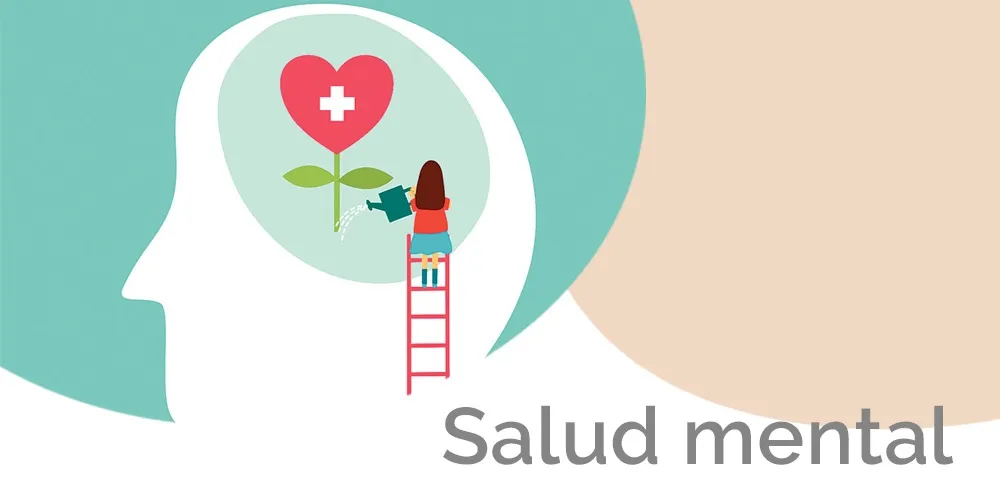While diabetes has a high impact on physical health, there is little talk about people's emotional health when receiving the diagnosis, patients are immediately questioned: am I cure? How long can a live aPatient with diabetes? What can I eat? Among others.
Diabetes is a disease that has no cure, but it can be controlled, however, it seems to be something that not all patients manage to understand.
According to the teacher in Science April Renee ArredondondExercise are key pillars, but how to accept that the newly diagnosed disease is caused by an addictive substance that "unsuspected" abounds in virtually all meals and drinks and that we cannot clearly see its amount, however, from todaydictate every food aspect in our lives.
The specialists indicate that when a patient is given all the necessary recommendations to live with the disease, the psychological and emotional impact that the patient develops when receiving the diagnosis of a disease without a disease is not always given importance, orientation and monitoringand with which he will have to live and learn to cope with the rest of his life.
They added that of the first feelings that the patient develops before his new reality, denial seems to be the most frequent, others often choose to minimize the importance of the disease, or simply feel anxiety, loneliness, depression and the feeling of guilt for havingdeveloped the disease.
While the family is a fundamental pillar to help cope with the disease and make the lighter load in the challenges to come, both food and physical and emotional, all battles cannot always be won.
What can we do to support a relative with diabetes?
Self -esteem will be fundamental, but it is very easy to lose it and difficult to maintain it.
Help really can mean some sacrifices that not everyone can maintain, so these are some suggestions that can be put into practice as a relative of a diabetic patient:
- Eliminate or decrease the presence of food or high drinks in house
- Do not bring home what you buy or consume that it is "temptation" for the relative with diabetes
- Experience new ways of cooking with less sugar
- Use some sugar substitutes that are allowed by the doctor
- If possible, eat food as the diabetic family member will eat
It is difficult to attend a party or be on the street without having contact with high food in sugar, they may have to take your own food to social events
Being support and consent to your relative with diabetes that, if you have anxiety, you can notify you to support you at that time and/or have any allowed food to help you get out of that situation.


